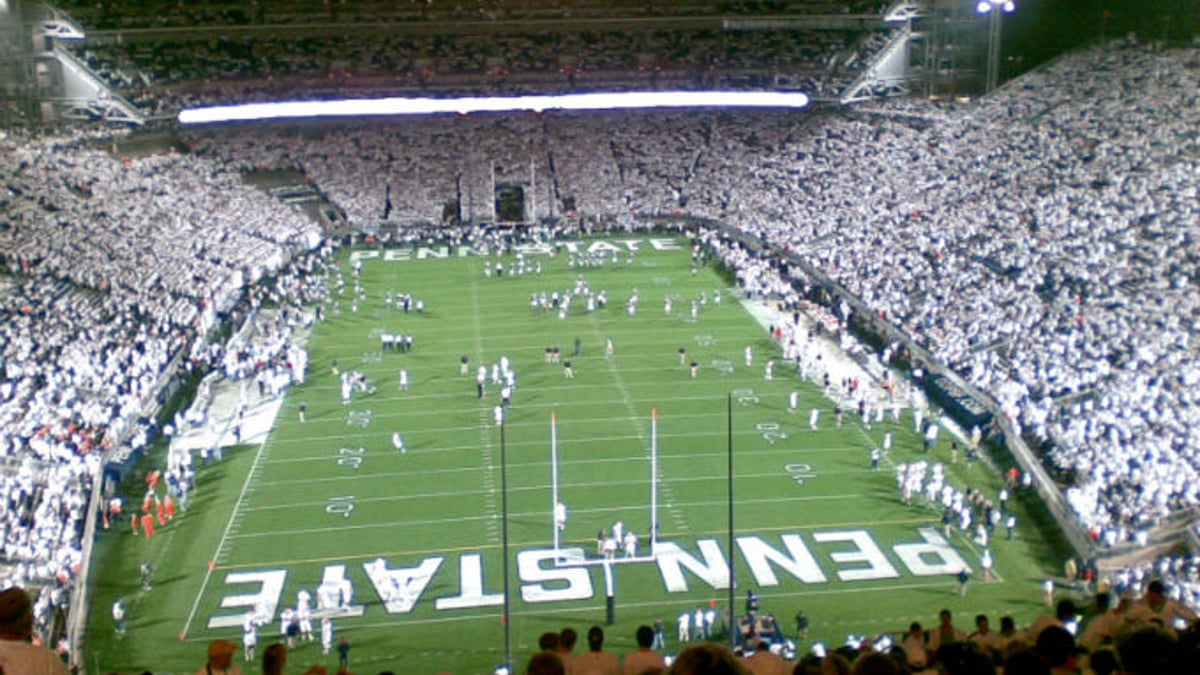Penn State Request Poses Latest Sports Betting Obstacle

Pennsylvania’s flagship public university could provide yet another hurdle for the state's fledgling sports betting industry.
Penn State University seeks a two-year moratorium on college-level sports betting on in-state teams for two years, according to reports from Penn Live. PSU President Eric Barron wrote the Pennsylvania Gaming Control Board in June, saying the NCAA and its member schools need to time to assess the “potential risks” sports betting poses.
This request from the state’s most high profile university adds another layer into ongoing negotiations that have stalled the implementation of sports betting in the Keystone State.
Pennsylvania Sports Betting Flounders
Pennsylvania was one of the earliest adapters of sports betting, passing a legalization bill even before the Supreme Court ruling struck down the federal ban. This would have put the state in prime position to be one if not the first state outside Nevada to take bets, but the law itself has stalled any progress.
Along with a $10 million initial fee for sportsbooks, the state law calls for 36 percent tax on operators’ revenue. As it stands, it’s the highest sports betting tax rate in the world. In comparison, neighboring New Jersey has no initial fee and charges no more than 13 percent.
Sportsbooks typically average around five percent profit on all bets placed, meaning a 36 percent tax would cause sportsbooks to average a loss of nearly 40 cents on every $100 wagered.
Not surprisingly this has deterred casinos from seeking a sports gambling license. Not one gambling entity has applied for a license more than a month after the opened its application period.
Any changes to the fees or taxes would have to come from the state legislature, which has adjourned from its 2018 session and hasn’t shown much interest in taking up a special session to review the law. Meanwhile the PGCB is still working out its own regulations, including a recent decision to require all casinos with sports betting to maintain third-party monitors.
A ban on college sports betting for in-state teams, as Penn State has requested, could further deter bettors in Pennsylvania, where college sports and the Nittany Lions football team in particular are highly popular. The University of Pittsburgh has asked that if college sports betting is legal that a portion of the proceeds go to the schools so they can hire staff to assure the games aren’t influenced by outside interests.
All this is assuming any sportsbooks want to operate in Pennsylvania in the first place. The regulations become moot if no legal entity can take bets.
Neighboring States Move Forward
This delay comes as two Pennsylvania states have already taken their first bets.
Delaware beat everyone outside Nevada by taking its first bet in early June. New Jersey, which began the legal challenges to overturn the federal sports betting ban, followed shortly after. Initial projections show the states have combined to take in several millions in wagers, figures that should only increase with the coming football season.
While bettors in New Jersey, Delaware and a growing number of other states can place bets on the Philadelphia Eagles and Pittsburgh Steelers, Keystone State residents may have to watch from the sidelines.









